
The Corporate Culture Survival Guide
Sense and Nonsense About Culture Change
Recommendation
Edgar H. Schein provides an excellent conceptual explanation of culture in general and corporate culture in particular. He shows how cultures arise and explains why it is so hard to examine and change an embedded culture. He also lays out practical plans for assessing culture. These plans are not simple or easy, but they promise great reward if carefully followed. Case studies illustrate the concepts and show how corporate problems can be seen in terms of culture. The first half of the book, which lays out the concepts of culture, is especially clear. The second half, which examines cultural issues in various kinds of organizations, uses more jargon and is a bit murkier. Overall, getAbstract recommends this book as especially useful for anyone dealing with change, be it moving to a new organization, considering or coping with a merger or acquisition, or even planning to work with people from another group, company or background.
Summary
About the Author
Edgar H. Schein is a management consultant and professor emeritus at the Sloan School of Management at the Massachusetts Institute of Technology. He is the author of Organizational Culture and Leadership, which has been translated into eight languages, and is known as a founding father in the field of corporate culture.








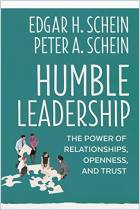
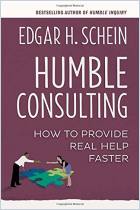
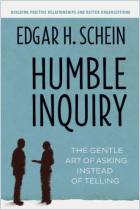
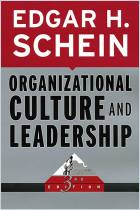

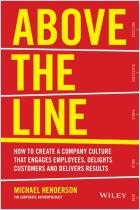
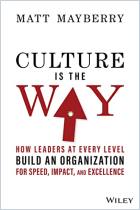
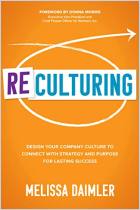
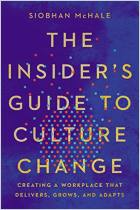
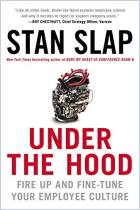




Comment on this summary